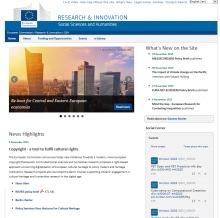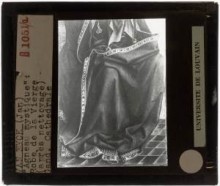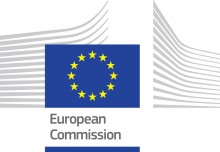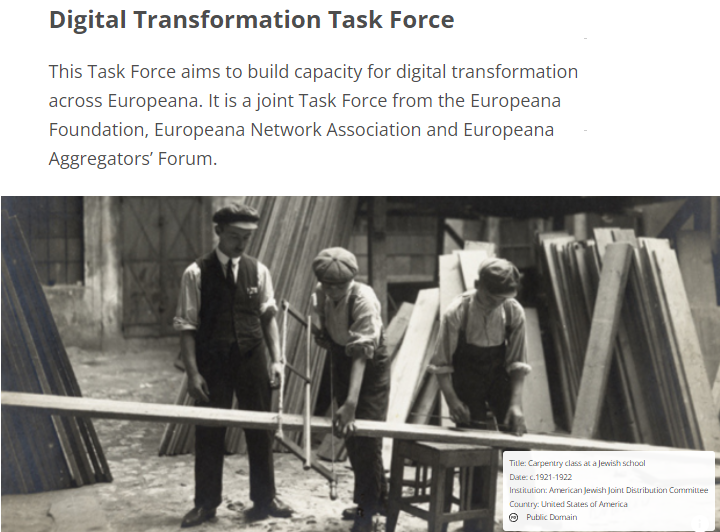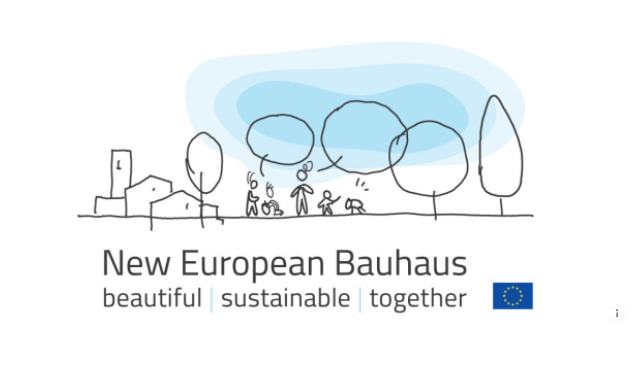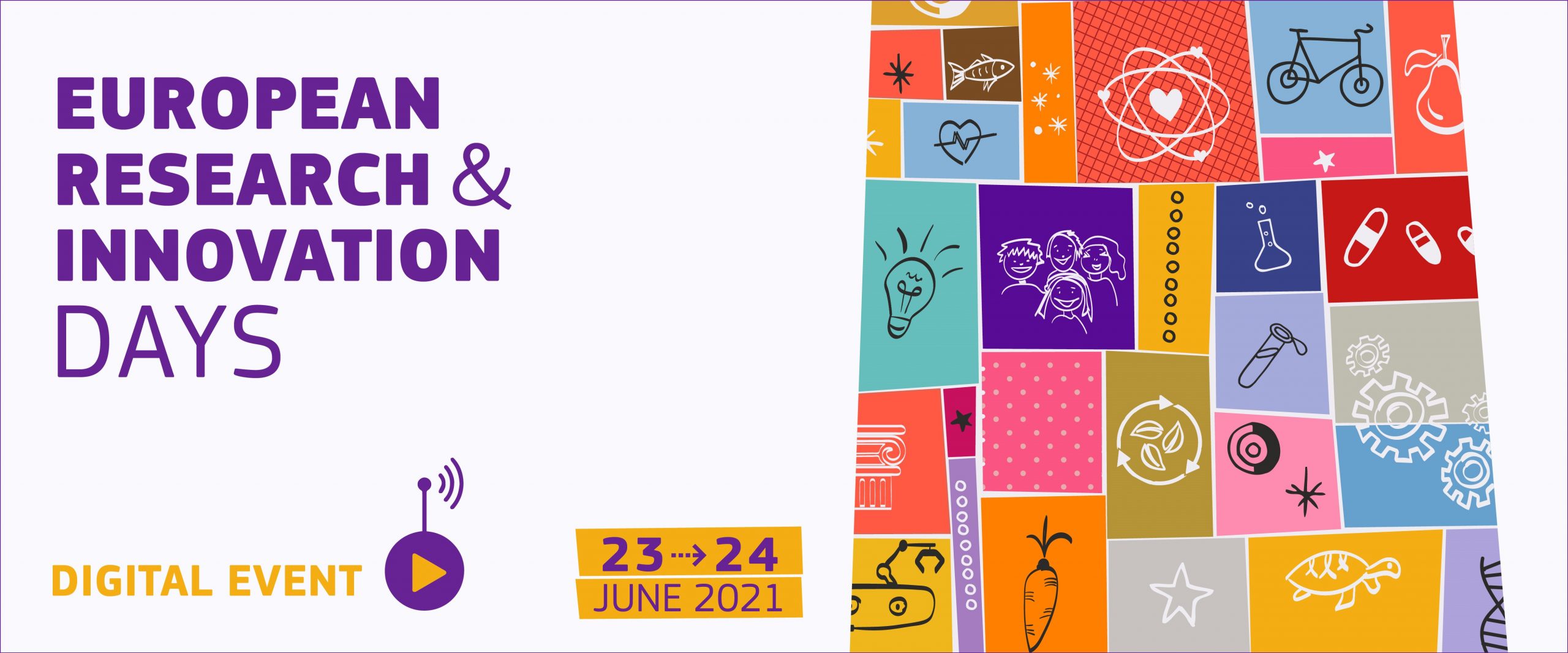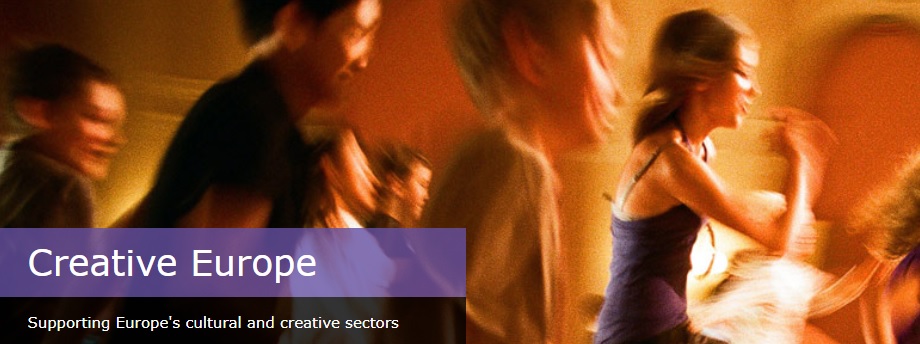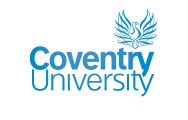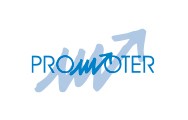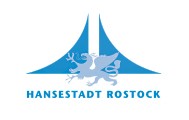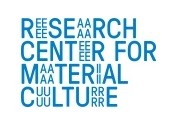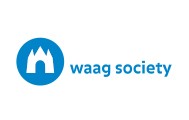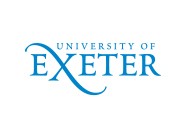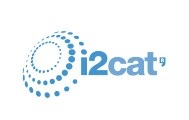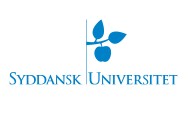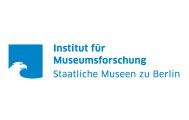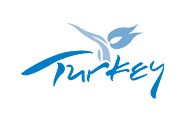8 Think Papers on different themes following the areas of research of RICHES project are now available both on the project website and on the RICHES resources website.

 RICHES Think Paper 01. Copyright and Cultural Heritage: Developing a Vision for the Future. This Think Paper raises questions about the relationship between European cultural heritage and copyright in the light of the fundamental and disruptive changes brought about by new and emerging digital technologies and which promise profound transformation in the future. It advocates that a human rights approach should be taken to the use and re-use of our cultural heritage and that copyright should be used as a tool to support cultural rights.
RICHES Think Paper 01. Copyright and Cultural Heritage: Developing a Vision for the Future. This Think Paper raises questions about the relationship between European cultural heritage and copyright in the light of the fundamental and disruptive changes brought about by new and emerging digital technologies and which promise profound transformation in the future. It advocates that a human rights approach should be taken to the use and re-use of our cultural heritage and that copyright should be used as a tool to support cultural rights.
![]() RICHES Think Paper 02. New Forms of Artistic Performances and the Future of Cultural Heritage. How can dance and performance artists interact with digital technologies to create new artefacts and events? How are new skills, which can coexist and complement traditional skills, developing in today’s performing arts landscape? In which ways are cultural expressions from the past being currently reinvigorated and renewed with leading edge digital technology?
RICHES Think Paper 02. New Forms of Artistic Performances and the Future of Cultural Heritage. How can dance and performance artists interact with digital technologies to create new artefacts and events? How are new skills, which can coexist and complement traditional skills, developing in today’s performing arts landscape? In which ways are cultural expressions from the past being currently reinvigorated and renewed with leading edge digital technology?
![]() RICHES Think Paper 03. Cultural Heritage Festivals: Belonging, Sense of Place and Identity. This RICHES Think Paper considers the role of cultural heritage festivals in contributing to notions of belonging, sense of place and identity. It argues that with increasing migration across Europe, there is a need for more in-depth research to examine the extent to which cultural heritage festivals such as London’s Notting Hill Carnival could add to the promotion of greater European integration and social and economic development.
RICHES Think Paper 03. Cultural Heritage Festivals: Belonging, Sense of Place and Identity. This RICHES Think Paper considers the role of cultural heritage festivals in contributing to notions of belonging, sense of place and identity. It argues that with increasing migration across Europe, there is a need for more in-depth research to examine the extent to which cultural heritage festivals such as London’s Notting Hill Carnival could add to the promotion of greater European integration and social and economic development.
![]() RICHES Think Paper 04. Digital Technologies: Re-thinking Turkish Libraries in an Information Society. Digital technology (DT) has had an enormous impact on Turkish society and culture and has introduced many changes in cultural heritage (CH) institutions such as libraries in Turkey. Traditionally used for borrowing books, doing homework or spending free time within a specific restricted timeframe, the introduction of DT has allowed for an expanded service for users with no restrictions of time and place or socio-economic background. For example, the important and extensive history and CH of Anatolia has been digitised and can be accessed online by anyone, at any time and in any place.
RICHES Think Paper 04. Digital Technologies: Re-thinking Turkish Libraries in an Information Society. Digital technology (DT) has had an enormous impact on Turkish society and culture and has introduced many changes in cultural heritage (CH) institutions such as libraries in Turkey. Traditionally used for borrowing books, doing homework or spending free time within a specific restricted timeframe, the introduction of DT has allowed for an expanded service for users with no restrictions of time and place or socio-economic background. For example, the important and extensive history and CH of Anatolia has been digitised and can be accessed online by anyone, at any time and in any place.
![]() RICHES Think Paper 05. Digital heritage: intellectual rights, democracy and commoditisation of cultural heritage places. This Think Paper refects on debates arising from RICHES research regarding the increasing digitisation of cultural heritage places. The analysis highlights concerns about intellectual property rights, democratisation of knowledge and commoditisation of cultural heritage places. It argues that while digital technologies offer new opportunities to experience, consume, conserve and interact with cultural heritage, a balanced approached is needed to ensure the medium plays the role of enhancement rather than replacement or monopolisation.
RICHES Think Paper 05. Digital heritage: intellectual rights, democracy and commoditisation of cultural heritage places. This Think Paper refects on debates arising from RICHES research regarding the increasing digitisation of cultural heritage places. The analysis highlights concerns about intellectual property rights, democratisation of knowledge and commoditisation of cultural heritage places. It argues that while digital technologies offer new opportunities to experience, consume, conserve and interact with cultural heritage, a balanced approached is needed to ensure the medium plays the role of enhancement rather than replacement or monopolisation.
![]() RICHES Think Paper 06. Museum education with digital technologies: participation and lifelong learning. Education and learning have been a high priority task for museums. Whether informal and unintentional or structured in educational programmes for different kinds of audiences, museum learning focuses on the learner. Rather than knowledge transmission, it builds upon knowledge construction and an active engagement in personal, social and physical contexts. More than knowledge acquisition, learning in museums is engaging and gives a sense of wellbeing.
RICHES Think Paper 06. Museum education with digital technologies: participation and lifelong learning. Education and learning have been a high priority task for museums. Whether informal and unintentional or structured in educational programmes for different kinds of audiences, museum learning focuses on the learner. Rather than knowledge transmission, it builds upon knowledge construction and an active engagement in personal, social and physical contexts. More than knowledge acquisition, learning in museums is engaging and gives a sense of wellbeing.
![]() RICHES Think Paper 07. Public-Private Partnerships for Cultural Heritage: Opportunities, Challenges, Future Steps. This Think Paper addresses the theme of Public-Private Partnerships (PPP) and raises questions about the validity of these partnerships for public administrations, the private sector and citizens. When the requirements of these parties are well served, then we can expect PPP to become an accelerator for the investments in the cultural heritage sector. This Think Paper provides an overview of what PPP is, with a special focus on PPP and cultural heritage, discussing opportunities and advantages, identifying some challenges, and proposing a set of future steps to gain more benefits from PPP.
RICHES Think Paper 07. Public-Private Partnerships for Cultural Heritage: Opportunities, Challenges, Future Steps. This Think Paper addresses the theme of Public-Private Partnerships (PPP) and raises questions about the validity of these partnerships for public administrations, the private sector and citizens. When the requirements of these parties are well served, then we can expect PPP to become an accelerator for the investments in the cultural heritage sector. This Think Paper provides an overview of what PPP is, with a special focus on PPP and cultural heritage, discussing opportunities and advantages, identifying some challenges, and proposing a set of future steps to gain more benefits from PPP.
![]() RICHES Think Paper 08. Cultural Heritage as fuel for innovation: enabling the power of creation. How is innovation stimulated? Where does CH fit in the innovation process? What is the role of CH creators and managers in the innovation process of a society? How can an innovative environment be nurtured? This Think Paper explores the role of CH in innovation and focuses on the changing digital landscape where CH exists. The main argument is that the digital availability of CH content can serve as trigger to fuel innovation in all sectors of society.
RICHES Think Paper 08. Cultural Heritage as fuel for innovation: enabling the power of creation. How is innovation stimulated? Where does CH fit in the innovation process? What is the role of CH creators and managers in the innovation process of a society? How can an innovative environment be nurtured? This Think Paper explores the role of CH in innovation and focuses on the changing digital landscape where CH exists. The main argument is that the digital availability of CH content can serve as trigger to fuel innovation in all sectors of society.



